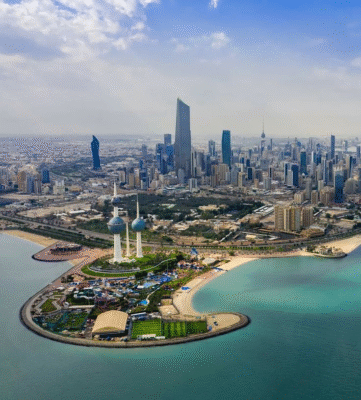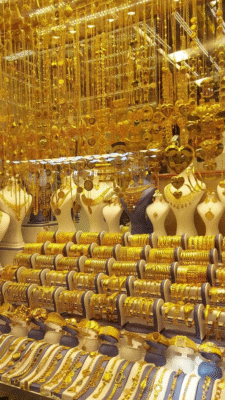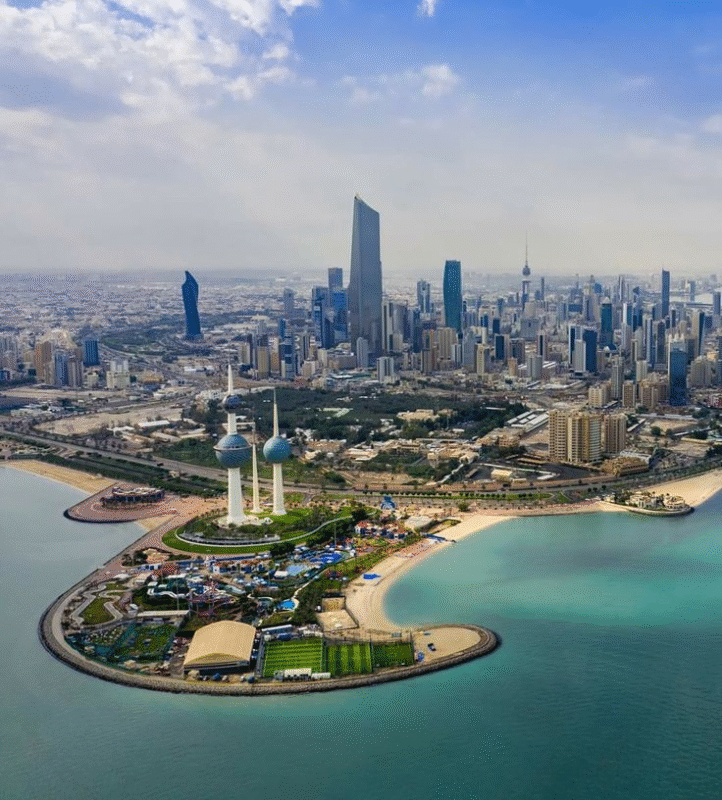Traditional Markets in Kuwait for Authentic Shopping
Kuwait is often admired for its modern developments, coastal beauty, and rich heritage, but beyond the contemporary attractions lies a vibrant world that connects travelers directly with the past — its traditional markets. These bustling souks are where history, culture, and commerce merge into a colorful experience of sights, scents, and sounds.
Forget polished malls and international brands for a moment. To truly experience Kuwait, you must wander through its traditional markets, where authentic shopping reflects centuries-old Arabian traditions. From spices to textiles and handcrafted jewelry, these markets aren’t just shopping hubs; they are cultural journeys waiting to be explored.

Why Traditional Markets Define Kuwait’s Identity
For centuries, Kuwait’s souks have been more than commercial centers — they’ve been meeting points for traders, families, and travelers. Unlike modern retail spaces, these markets thrive on personal interaction. Every stall has a story, every product reflects craftsmanship, and every transaction is built on conversation and connection.
For travelers, shopping here feels less like buying and more like experiencing. You don’t just take-home goods; you take home memories, traditions, and a deeper appreciation of Kuwait’s way of life.
The Spice Souk: Aromatic Treasures of the East
One of the most captivating stops in Kuwait is its spice souk. The moment you enter, the air fills with the aromas of cardamom, saffron, cinnamon, and cloves. Stalls are stacked with colorful pyramids of spices, dried herbs, and exotic blends.
For culinary explorers, this market is a paradise. Shopkeepers happily share recipes, explain the uses of rare spices, and even let you sample blends. Travelers often carry spices back home as souvenirs, each packet a fragrant reminder of Kuwait’s heritage.
Handicraft Bazaar: Artistry Preserved by Generations
Kuwait is home to artisans who have mastered their crafts across centuries. The handicraft bazaar showcases woven baskets, pottery, woodwork, lanterns, and embroidered textiles that represent authentic Emirati artistry.
Each item is more than an object — it’s a story of patience, skill, and cultural pride. A handcrafted rug may carry tribal motifs, while pottery pieces often reflect desert and sea influences. Buying here means supporting local artisans and taking home souvenirs with true cultural value.
Jewelry and Gold Stalls: A Touch of Timeless Beauty
Gold and silver have long played an important role in Arabian culture, and Kuwait’s traditional jewelry stalls reflect that heritage. Unlike the glittering showrooms of Dubai, the jewelry here feels more personal and rooted in tradition.
Travelers can browse delicate bangles, bold Bedouin-inspired necklaces, or silver ornaments crafted with intricate detail. Bargaining is part of the charm, and shopkeepers often enjoy the lively back-and-forth with visitors. For couples, purchasing jewelry in Kuwait becomes a memorable travel moment.

Textile Souk: Fabrics That Tell Stories
Another highlight of Kuwait’s markets is the textile souk. Rows of shops display vibrant silks, soft cottons, and patterned fabrics from across the region. Many stalls have tailors on-site, ready to create customized garments on the spot.
For travelers, this is the ideal place to shop for abayas, scarves, or hand-stitched clothing that combines practicality with cultural flair. Every fabric tells a story — of tradition, trade, and the artistry of generations.
Food Markets: A Taste of Authentic Kuwait
No journey through Kuwait’s markets is complete without visiting the food stalls. Here, travelers can indulge in freshly baked bread, dates of countless varieties, seafood from the nearby coast, and beloved Emirati sweets like luqaimat (crispy dumplings drizzled with date syrup).
The atmosphere is lively yet welcoming. Sampling food in these markets isn’t just a treat for your taste buds; it’s an introduction to Kuwait’s culinary heritage.
Why Travelers Choose Traditional Markets in Kuwait
- Authenticity over luxury– Markets reflect real traditions, unlike malls.
- Cultural connection– Every interaction with artisans and traders deepens understanding.
- Affordable treasures– Souvenirs are both meaningful and fairly priced.
- Atmospheric charm– The colors, sounds, and scents create a sensory journey.
- Memories beyond shopping– Each item holds cultural and emotional value.
Tips for Visiting Kuwait’s Markets
- Bargain respectfully: Negotiation is part of the culture but keep it friendly.
- Carry cash: small vendors often prefer cash over cards.
- Visit during cooler hours: Early mornings or evenings are more comfortable.
- Dress modestly: Respect local traditions while exploring the souks.
- Engage with locals :A simple chat can turn into a memorable cultural exchange.
FAQs: Traditional Markets in Kuwait
Q1. Are traditional markets in Kuwait open daily?
Yes, most are open every day, though hours may vary during prayer times and weekends.
Q2. What are the best souvenirs to buy in Kuwait’s markets?
Spices, textiles, handmade crafts, and traditional jewelry are traveler favorites.
Q3. Is bargaining expected in these markets?
Absolutely — bargaining is a cultural tradition and part of the fun.
Q4. Are Kuwait’s markets safe for solo travelers?
Yes, they are safe, welcoming, and an excellent way for solo travelers to engage with locals.
Q5. Do locals shop here or just tourists?
Locals actively shop in these markets, which keeps the experience genuine and vibrant.
Final Thoughts: Shopping with a Story
Exploring the traditional markets in Kuwait for authentic shopping is not about filling bags with items — it’s about filling your journey with meaning. Each spice, textile, or handcrafted piece is a connection to centuries of history and tradition.
For travelers, these markets are more than shopping destinations; they are living cultural experiences that showcase the soul of Kuwait. So next time you visit, skip the malls for a while, wander the souks, and let the rhythm of trade and tradition guide your steps.
Because in Kuwait, the greatest souvenirs are not just the things you buy — they are the stories you bring home.

